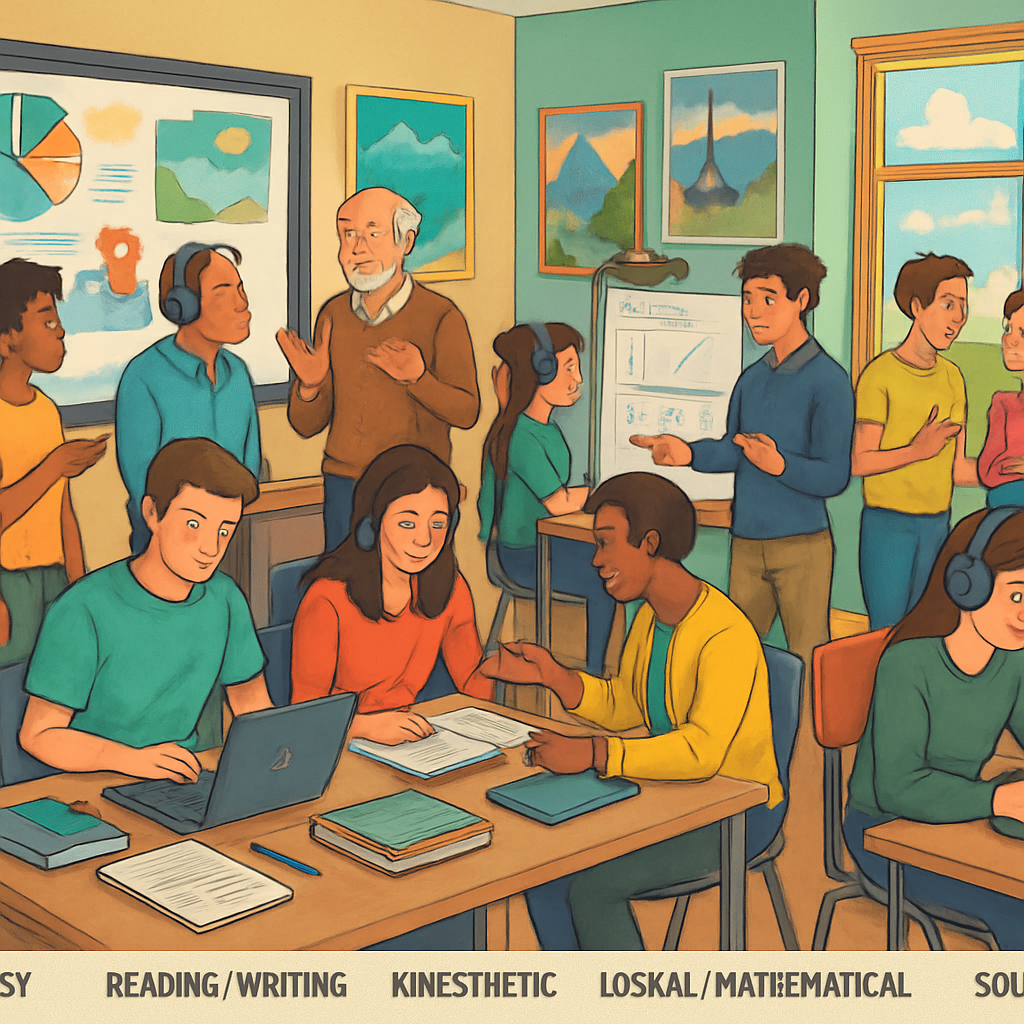
The Seven Learning Styles and Their Role in Tourism Education
The Seven Learning Styles and Their Role in Tourism Education
Tourism thrives on connection, storytelling, and experiences. Yet, not every learner processes information in the same way. Understanding the seven learning styles helps educators, tourism trainers, and destination leaders design programs that are not only informative but also transformative, engaging, and accessible.
Adult education research shows that training tailored to multiple learning styles improves retention and confidence. For example, testimonials from participants in Learn Tourism the nonprofit academy courses often mention how videos, activities, and local resources made the experience both memorable and practical.
1. Visual Learners
Visual learners absorb knowledge best when information is presented through charts, images, maps, and videos. In tourism training, this might mean using destination photography, infographics about visitor impact, or virtual maps that highlight attractions.
2. Auditory Learners
Some learners retain more when they hear information. Storytelling, podcasts, narrated tours, and live discussions are powerful tools for this group. Hearing a local share their story can be more impactful than reading the same content.
3. Reading/Writing Learners
This group thrives on written text, lists, articles, and detailed guides. Providing downloadable PDFs, course notes, and resource-rich websites ensures accessibility for those who prefer to process knowledge through reading and reflection.
4. Kinesthetic Learners
Hands-on activities are key for kinesthetic learners. In tourism education, this could include interactive simulations, role-playing guest interactions, or field activities where learners experience a site or service first-hand.
5. Logical/Mathematical Learners
Logical learners are motivated by data, structure, and problem-solving. Presenting tourism revenue figures, sustainability impact metrics, or case studies that require analysis engages this group. Several Destination LEXpert learners noted the value of seeing local tourism’s $1.6 billion impact, which deepened their appreciation for the industry.
6. Social Learners
Collaboration is the strength of social learners. Group discussions, peer reviews, and team-based projects help them flourish. Tourism training that fosters connection—whether online or in person—leads to stronger retention and enthusiasm.
7. Solitary Learners
Some learners prefer reflection and self-paced progress. Online, on-demand tourism training allows them to learn at their own speed, review materials privately, and return to modules when needed. This style is especially effective for frontline workers with unpredictable schedules.
Why This Matters for Tourism Training
When training incorporates all seven learning styles, the result is accessible, inclusive, and engaging education. Learners report feeling more confident welcoming visitors, promoting destinations, and creating memorable experiences.
As tourism organizations invest in professional development, recognizing the diversity of learners ensures that training goes beyond information—it becomes transformation.
About Learn Tourism the nonprofit academy...
Learn Tourism is a 501c3 nonprofit organization dedicated to advancing the tourism industry through innovative educational practices and professional development initiatives. Our mission is to harness the power of science, business psychology, and adult education to build sustainable economies and enrich the tourism landscape.
Tourism Keynote Speaker & Author: Stephen Ekstrom
Stephen Ekstrom is the embodiment of a passionate lifelong learner and a seasoned professional in the tourism industry, serving as the CEO and co-founder of Learn Tourism - the nonprofit academy. With over 25 years of experience, he has cultivated a deep understanding of tourism development and education, driven by his commitment to advancing the industry and fostering sustainable economies. Stephen's insatiable curiosity and love for knowledge have led him to be a proud nerd, constantly seeking to expand his expertise and share his insights with others. Alongside his faithful furry companions, Rudy and Marjorie, he embraces the digital nomad lifestyle, traversing the globe and immersing himself in diverse cultures. A dedicated advocate for continuous improvement, Stephen is a professional member of the Association for Talent Development and a member of Skal International. Stephen holds prestigious certifications in Inclusive and Ethical Leadership from USF, AI Governance and Ethics from Brown University, and Sustainable Business Strategy from Harvard Business School.
